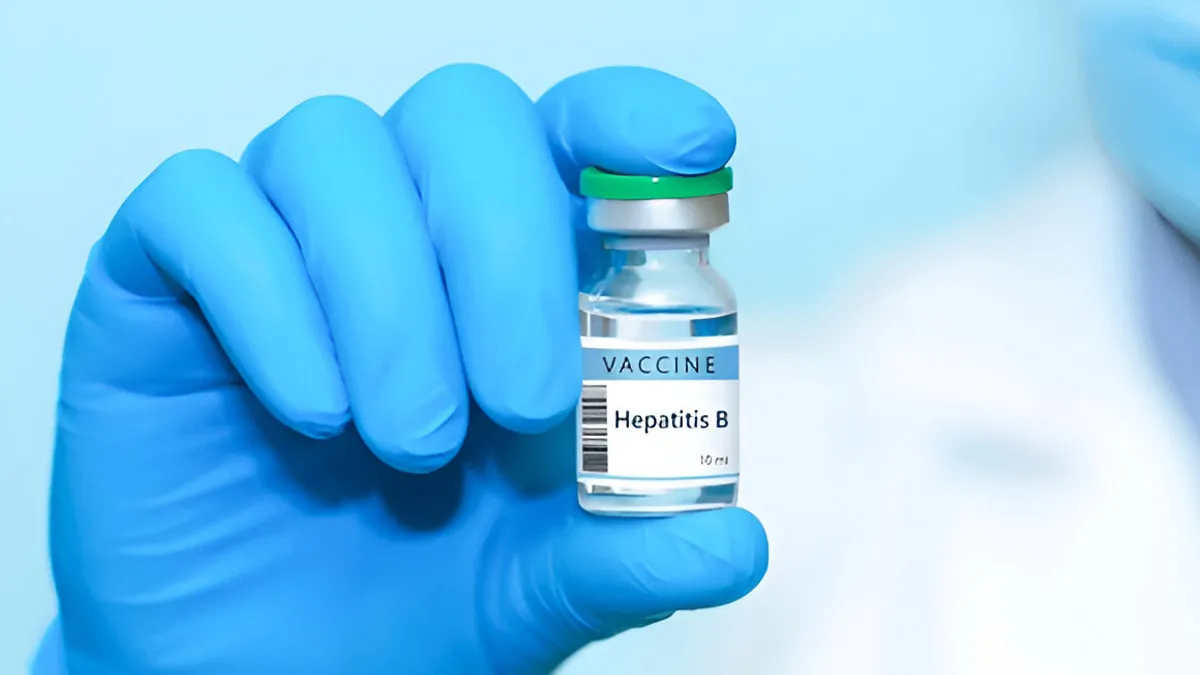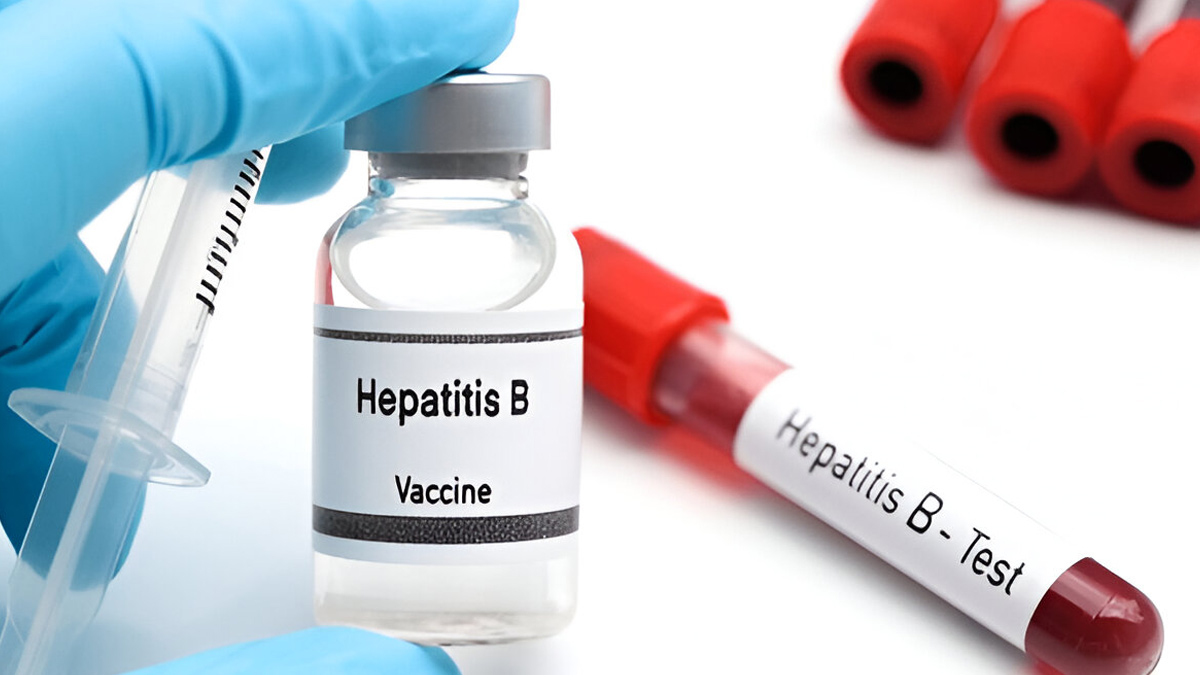
Hepatitis B is a viral infection of the liver that is most commonly transmitted from mother to child during birth and delivery in early childhood, as well as through contact with blood or other body fluids during sex with an infected partner. According to the World Health Organization (WHO), an estimated 25.4 crore people were living with chronic (long-term) hepatitis B infection in 2022, with 10.2 lakh new infections each year.
Table of Content:-
The good news is that hepatitis B is preventable with a vaccine. While other methods like practising safe sex, washing hands thoroughly, and not sharing needles and other equipment for injecting drugs or piercing can prevent the spread of the virus, a vaccine could be your safest bet, especially if it is administered at the right time. Read on to find out all about the hepatitis B vaccine.
Also Read: Doctor's Viral Video Claims Threading Can Increase Hepatitis B Risk: Fact Or Myth?
Role Of Hepatitis B Vaccine

The hepatitis B vaccine helps prevent infection by the hepatitis B virus (HBV), which can lead to serious liver damage, including chronic liver disease, cirrhosis, and liver cancer.
According to the WHO, over a billion doses of hepatitis B vaccine have been given worldwide since 1982. In several countries, where the rate of chronic hepatitis B infection in children used to be between 8% and 15%, the number has reduced to less than 1% among vaccinated children.
The hepatitis B vaccine is made from a non-infectious part of the virus, which helps the body build active immunity. It works by training the immune system to recognise and attack the virus's outer protein layer, offering protection against all known types of the virus (A to H). While it was once believed that the vaccine’s protection lasted only about 8 years, newer studies show it can provide immunity for at least 25 years in people who responded well to the full vaccine course, according to StatPearls Publishing. However, some people, especially those over 40 or those who are obese, have coeliac disease, smoke, or misuse alcohol, may not develop a strong immune response. The risk is higher if they already have liver disease.
Who Should Get Hepatitis B Vaccine?

The hepatitis B vaccine is recommended for all infants at birth and children and adolescents who have not been vaccinated. It is recommended for adults aged 19-59 and adults 60 and older with risk factors.
Some of the high-risk groups include:
- People with multiple sexual partners.
- Those who have had household or sexual contacts with individuals with chronic hepatitis B.
- Health care workers or others exposed to blood and blood products.
- People who inject drugs.
- People with chronic liver disease.
- Travellers to regions where Hepatitis B is common.
- Individuals undergoing dialysis or who have received organ transplants.
- Those with clotting factor disorders.
- People with kidney disease.
When Is The Right Time To Get Hepatitis B Vaccine?
The hepatitis B vaccine is recommended for most people at different stages of life.
Infants:
Birth dose: The first dose is given shortly after birth, ideally within 24 hours.
Second dose: Typically given at 1-2 months of age.
Third dose: Usually administered between 6 and 18 months of age.
Note: According to Immunize India, if the mother of a newborn has the hepatitis B virus in her blood, her baby must receive the vaccine within 12 hours after birth, along with another shot called hepatitis B immune globulin (HBIG). This helps provide immediate protection against the virus.
Children, adolescents, and adults:
Three-dose series: The standard schedule involves doses at 0, 1, and 6 months.
Alternative rapid schedule: If quicker protection is needed, doses can be given at 0, 1, and 2 months.
Also Read: Hepatitis Testing Day 2025: What Is The Difference Between Hepatitis B And Jaundice?
Are There Possible Risks And Side Effects?
![3]](https://images.onlymyhealth.com/only-my-health-english/images/2025/07/01/template/image/4-1751350199486.jpg)
The hepatitis B vaccine is generally very safe. While it may have mild side effects, they are usually temporary.
Common side effects include soreness, redness, or swelling at the injection site, as well as mild fever, headache, tiredness, or loss of appetite.
While serious side effects are rare, watch out for allergic reactions, fainting, or very rarely, other neurological issues.
Conclusion
The hepatitis B vaccine is the most effective way to prevent infection from the hepatitis B virus. Getting vaccinated, especially at the right time, can go a long way in preventing long-term liver problems. For most people, it’s safe and causes only mild side effects. If you or your loved ones haven’t been vaccinated or aren’t sure about your status, it’s worth having a quick conversation with your doctor.
Also watch this video
How we keep this article up to date:
We work with experts and keep a close eye on the latest in health and wellness. Whenever there is a new research or helpful information, we update our articles with accurate and useful advice.
Current Version
